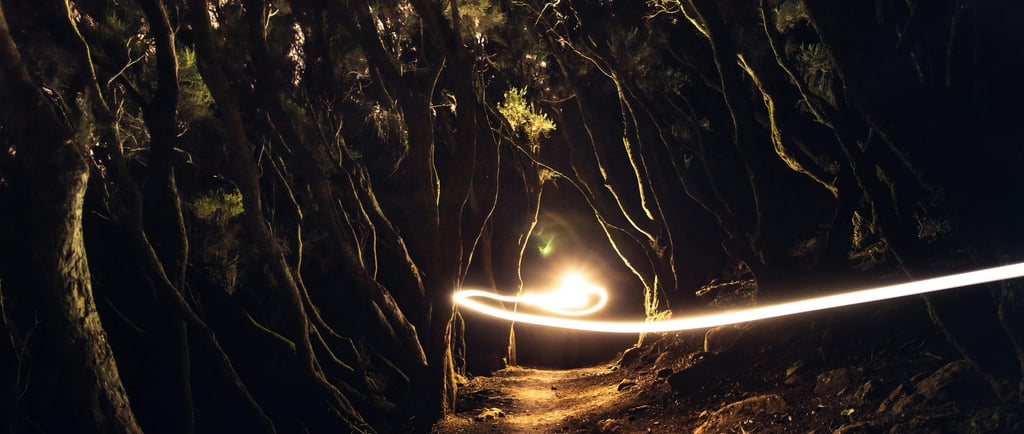Episode 1: The Birth of Diedra
Season 1
DIEDRA'S ENCHANTMENT
Cristina Moțoi
2 min read


Before the world knew her name, before she could walk among mortals, Diedra was not born like ordinary souls; she was forged. Zeus, in secret, gathered the essence of the greatest forces in existence to create her. She would be the balance between power and fragility, a being capable of bridging both the mortal and divine realms.
"We must create something great," Zeus declared, determined, "a being who can restore balance, confront both order and chaos, and rule both worlds."
But Zeus knew that such power could not remain hidden forever, and so he kept this creation to himself. He did not share her existence with the other gods, for he feared their judgment. He feared that they might not understand or agree with his decision. For a time, Diedra would remain hidden, unknowingly a pawn in a greater game.
When she was brought into the world, a storm raged across the heavens, signaling the birth of something both extraordinary and dangerous. The child, wrapped in divine shadows, was left on the cold stone steps of an ancient temple. The priests found her at dawn, a strange warmth emanating from her tiny body, even though the night had been bitterly cold.
The temple, once a place of peace and devotion, was now in turmoil. The followers, divided by fear and ambition, argued over what the signs meant. Visions of gods, celestial omens, and strange whispers had begun to spread. Some feared change and sought to protect the world from a coming catastrophe. Others, however, saw the chaos as a means to seize power for themselves, to control the masses and guide the future of humanity.
When the child was found, the debate grew heated. Some saw her as a divine blessing, a beacon of hope. Others, as an omen of doom, signaling the end of an age. The high priest stood silent, torn between his duty to the gods and his growing fear of the unknown.
They named her Diedra, unaware of her true origins. To them, she was just a child—a mystery—whose power and purpose were yet to be revealed.
Meanwhile, high above in the divine realms, chaos was slowly rising.
Zeus had vanished. With him gone, four gods now stood at the helm of the divine realm: The God of Order, The God of War, the Goddess of Wisdom, the Goddess of Love and Duality, and the God of Shadows. Each of them, though different in nature, shared one thing in common: a desire for control over both the mortal and divine realms.
The tension between them grew, fueled by ancient rivalries and the ambition to hold power over all that existed. The once-unified divine order had fractured. Whispers of betrayal spread like wildfire as each god maneuvered, seeking dominion over the others.
On Earth, the signs of this divine chaos did not go unnoticed.
The priests were torn. Two factions had emerged within their ranks: one who sought to preserve the peace and protect the world from the impending storm, and the other who desired to wield the signs for their own gain. Both factions speculated that the gods were preparing something great—and something dangerous. The first group prayed for guidance, while the second plotted for dominance.
The signs were undeniable: strange celestial alignments, unnatural winds, and cryptic dreams that plagued the minds of the devoted. The divine chaos was no longer something that could be ignored. The question was no longer if the gods would act, but how—and what it would mean for the world they had created.
